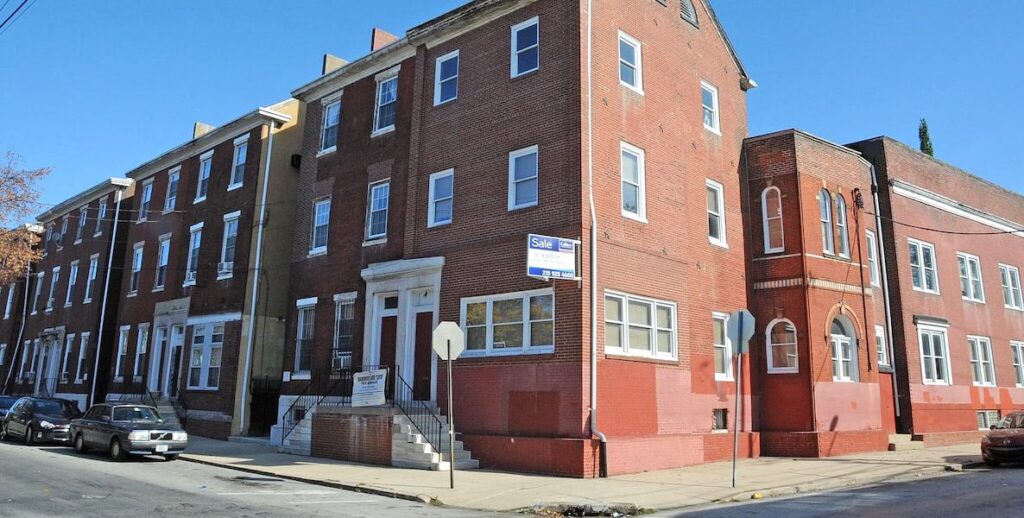At a time when staying safe means staying home, Mayor Kenney has callously proposed cutting all of the general fund dollars committed to creating more accessible, affordable housing in this upcoming fiscal year.
There is no way to sugarcoat it: If City Council doesn’t stop these budget cuts to the Housing Trust Fund, more people will die.
The Housing Trust Fund serves the Philadelphia residents who are already being hit hardest by Covid-19—people with disabilities and families of color with the lowest incomes in our city.
Right now, too many of them are dying from the virus because they are stuck in some of the most dangerous places in the city, like nursing homes and shelters. They are getting sick while on waitlists to get to safe, accessible housing they can afford.
Let me be clear. Philadelphians were struggling before we ever
No one should ever have to choose between paying rent and putting food on the table, but things have gone from bad to worse. Due to the virus, more Philadelphians than ever are struggling to pay their rent or mortgage.
I work for the Women’s Community Revitalization Project, a group that develops affordable housing and supports the voice and leadership of community residents. The average income of a family that rents from us is less than $15,000 a year. I know from experience that the folks who were already most vulnerable are hurting the most from this crisis.
Right now, over 80 percent of our tenants are behind on rent, which is over double the norm. One of our tenants used to make ends meet by driving for Uber on top of her job at UPS. Her hours have been cut at UPS and she can’t drive Uber right now. She has not yet been able to get any unemployment. She has five kids and is struggling with her bills.
We also have tenants who have tested positive for coronavirus or have to quarantine because they’ve been exposed at work, many as home health workers, yet they have no paid sick leave. We have lost one of our tenants to Covid-19 and our community is in pain.
Our 300 tenant families represent thousands more residents across Philadelphia who are going through the same thing, but don’t yet have access to affordable, accessible housing.
The mayor’s proposed cuts will halt this progress and that has real human costs:
- A $3.5-million cut in funding for the development of new rental homes will mean that 100 families will not receive affordable homes in Philadelphia.
- $18 million less for home repairs will mean that more than 1,000 homeowners will not be able to repair their homes and may be forced to shelter in unsafe conditions.
- $3 million less for wheelchair accessibility modifications means that more than 150 disabled families will be trapped in nursing homes because there is so little affordable, accessible housing in our city.
And if the cost of human lives isn’t convincing enough, these cuts
Investment in affordable, accessible housing is essential to keep people alive. When staying housed is a matter of life and death, fully funding the Housing Trust Fund should be the bare minimum we can expect from our political leaders. To fully recover from this crisis, our leaders should be investing more, not less, to make sure the most vulnerable Philadelphians have homes in which to stay.
Nora Lichtash has worked with the Women’s Community Revitalization Project (WCRP), a multi-racial community development organization committed to social and economic equity for low-income women and their families, since its founding in 1987. WCRP was The Citizen’s 2019 Jeremy Nowak Urban Innovation Award recipient.
The Citizen is one of 20 news organizations producing Broke in Philly, a collaborative reporting project on solutions to poverty and the city’s push towards economic justice. Follow the project on Twitter @BrokeInPhilly.

